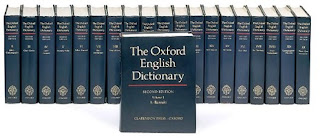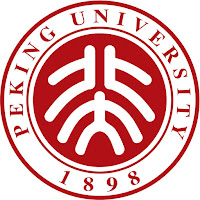There does not seem to be an agreed term as you can see from the number of Google references here: yankophile 945 americanophile 716 americophile 233 americaphile 150 usaphile 14 usphile 1 Contrast this with the situation for lovers of French, English, Chinese or Japanese culture anglophile 102,000, francophile 84,700, japanophile 20,400, sinophile 3450 Why is this? Snobbery, perhaps - a 'new' culture looked down on by traditional ones? Or is it just linguistically awkward - americaphile really isn't a pretty word. You might want to check out: (audio) discussion about the relationship between British and American English here . Time Magazine piece on The Next American Century The New American Century Alistair Cooke's America





